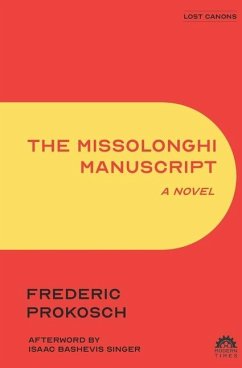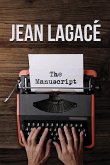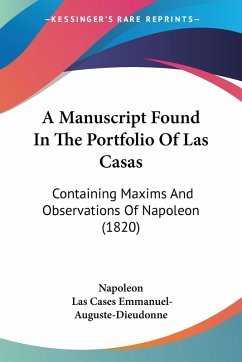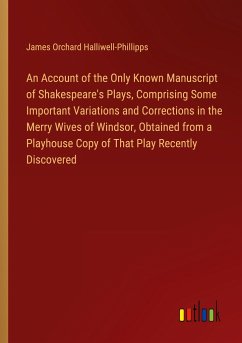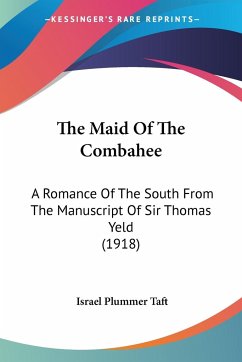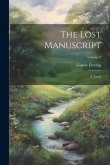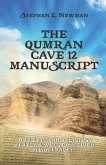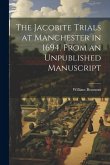First published in 1968, The Missolonghi Manuscript takes on the ambitious-some may say impossible-literary experiment of portraying the last three months of Lord Byron's life in Missolonghi, Greece, where he died in 1824. Using the time-honored device of the "lost manuscript," Prokosch narrates the fictional discovery of the dying man's notebooks. With a satirical wink towards its un-Byronic elements-such as modern language-Prokosch offers, in his own words, "a study of the romantic artist" that reflects on the historical impact of Romantic art. The novel paved the way for postmodern writers of historical fiction such as Umberto Eco and Anthony Burgess, who called it "the finest fictional re-creation of Lord Byron I have ever read." About the author: Frederic Prokosch (1906-1989) was a novelist, poet, literary critic, and translator. Born in Madison, Wisconsin, to an immigrant family of intellectuals, Prokosch graduated from Haverford College in 1925 and received a Ph.D. in English in 1932 from Yale University. During World War II, he served as cultural attache of the American Legation in Stockholm. Prokosch's first novel, The Asiatics, was published to great acclaim in 1935. It was reissued in 1983 by Farrar, Straus & Giroux, which simultaneously published his last book, Voices, a memoir that was praised for its portraits of some of the most outstanding twentieth-century authors and artists. In addition to translations from the Greek and German, Prokosch's other novels include The Seven Who Fled (winner of the Harper Prize, 1937), The Idols of the Cave (1946), The Missolonghi Manuscript (1968), The Wreck of the Cassandra (1966), The Dark Dancer (1964), The Seven Sisters (1962) and A Ballad of Love (1960).
Hinweis: Dieser Artikel kann nur an eine deutsche Lieferadresse ausgeliefert werden.
Hinweis: Dieser Artikel kann nur an eine deutsche Lieferadresse ausgeliefert werden.

